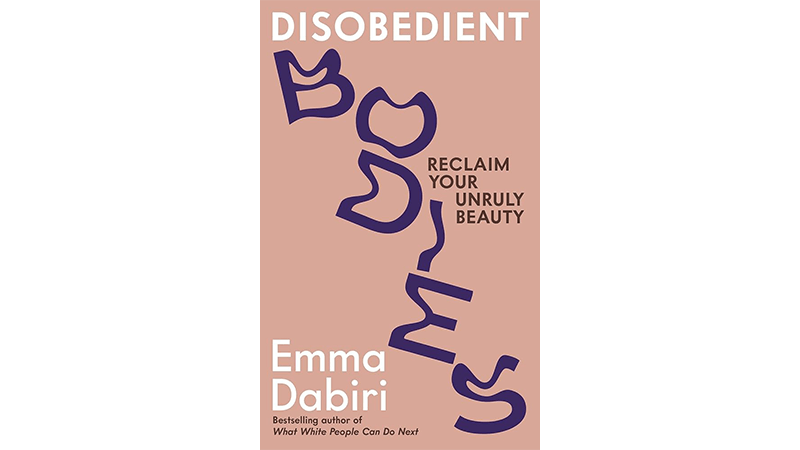How We Can Embrace Disobedience To Love Our Bodies
I am immensely proud of and excited by the pieces I have commissioned for this special beauty edition of Service95.
In writing my new book Disobedient Bodies, I set out to explore why so many of us have experienced a sense of self-loathing about our bodies and how things might be different. In truth, how things might be better!
Negative attitudes about our bodies have long-standing roots in Western culture. From at least as early as Plato, the foundational ideas about the body in Western philosophy present the mind and the body as inherently separate; a binary permutation that was reified by the hugely influential ‘Cartesian Dualism’ of the French philosopher Rene Descartes in the 17th century. Even if you have never heard of Cartesian Dualism, I assure you it determines your world view according to binaries such as man/woman, black/white, good/bad, perfect/flawed.
According to this formulation, there is always a hierarchy. In regard to the body/mind distinction, the body is positioned as inferior to the mind. Historically in Western discourse, women have been associated with the body and hysterical emotion, while (European) men represent the mind; the only ones capable of ‘scientific’ or ‘rational’ thought.
As a way of making our beauty culture less oppressive, we are often offered increased ‘representation’ or more ‘diverse’ beauty standards. These are not in and of themselves bad and have certain benefits. However, they are woefully inadequate in the face of a framework in which self-loathing of the body is encoded.
We can make the current system as ‘diverse’ as we like, but if we continue operating from within a framework that has a contempt for the body at its core, that is then combined with the patriarchal association of women as bodies and turbo-charged by capitalism’s operating logic of constant productivity and improvement (a lens through which we judge our own bodies). It’s no wonder we have a beauty culture that leaves us feeling bad about ourselves, rather than being the source of pleasure that beauty could and should otherwise be.

In Disobedient Bodies, I wanted to trace traditions from my Irish and Yoruba backgrounds, as well as further afield, to see what a beauty culture based on different principles might look like. For this special issue, I intentionally chose Irish (Sophie White) and Ghanaian (Nana Oforiatta Ayim) writers, who I knew would look beyond superficial solutions to assess the beauty landscape from a more metaphysical standpoint to get closer to the root of what is really going on. There is also a brilliant piece by Janice Li, the curator of The Cult Of Beauty exhibition at the Wellcome Trust, the publishers of Disobedient Bodies.
Throughout the pieces, you will see a theme of resistance against limitations of our binary view of the world and the radical potential that transformation holds.
Emma Dabiri is a writer, academic and broadcaster, and author of books including Disobedient Bodies, Don’t Touch My Hair and What White People Can Do Next
Related Reads
Get the best of Service95
delivered straight to your inbox
By subscribing to our newsletter(s) you agree to our privacy policy. You can unsubscribe at any time.







